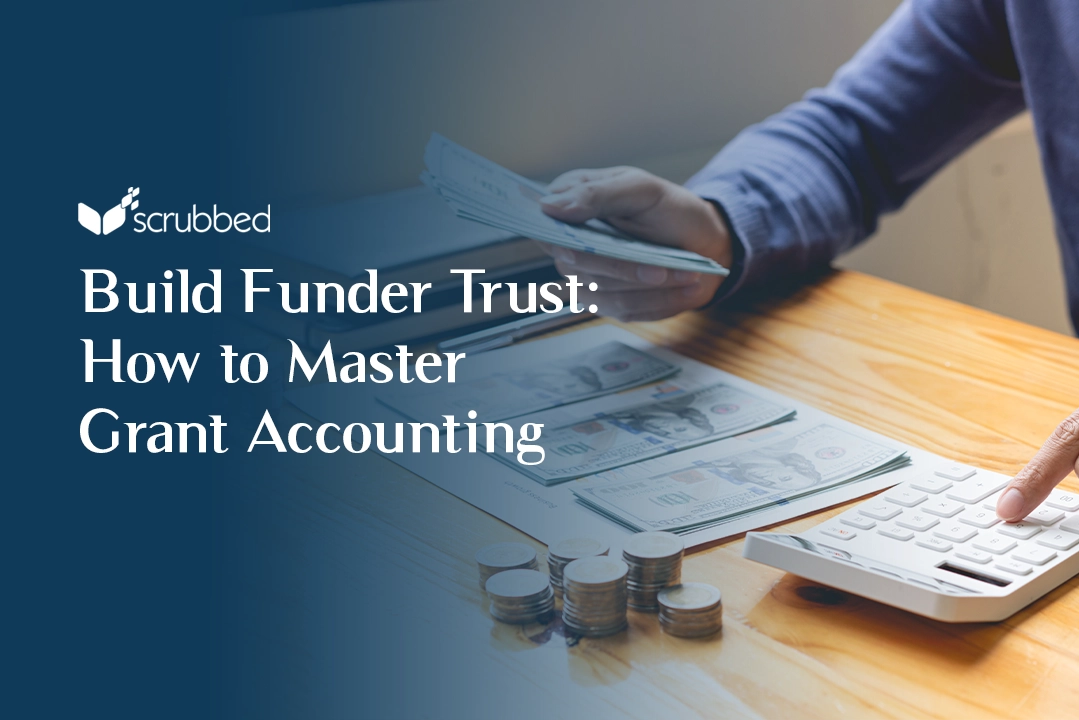Real estate investment is a lucrative field that offers investors the opportunity to generate substantial returns on their investment over time. Maximizing return on investment (ROI) in real estate requires a strategic approach, careful budgeting, and effective management of rental properties. By understanding the key factors that influence ROI and implementing smart budgeting practices, real estate investors can ensure they are getting the most out of their investment.
Looking for Expert Accounting And Finance Support For Your Real Estate Business? Click here!
How to Maximize ROI in Real Estate
Calculating ROI for rental properties is crucial for assessing the profitability of an investment. By comparing the rental income to the expenses associated with the property, investors can determine the overall return on their investment. Effective budgeting strategies play a significant role in maximizing ROI in real estate investment. By creating a detailed budget that accounts for expenses such as property taxes, maintenance costs, and property management fees, investors can better track their cash flow and ensure they are meeting their financial goals.
Utilizing budgeting tools can also help investors track their expenses and identify areas where they can cut costs or optimize spending to improve their ROI. By monitoring expenses closely and making adjustments as needed, investors can fine-tune their budgeting strategies for maximum effectiveness.
Effective Budgeting Tips for Real Estate Investors
Strategies to streamline real estate budgets can help investors optimize their financial resources and minimize unnecessary expenses. By identifying areas where costs can be reduced or eliminated, investors can increase their ROI and achieve greater profitability. Maximizing return on investment through budget allocation involves prioritizing spending on activities or investments that offer the highest ROI potential.
Identifying the average monthly income generated from rental properties is essential for better budget planning. By understanding the income flow from their real estate investments, investors can create more accurate budgets and make informed financial decisions that support long-term success.
Calculating Expenses and Budgeting in Real Estate
Understanding mortgage costs is crucial for real estate investors, as mortgage payments are often a significant expense associated with property ownership. Accurately calculating lease and rental income helps investors assess the profitability of their investments and make informed decisions about property management and rental rates. Implementing budgeting best practices can help investors effectively manage their expenses and maximize their ROI in real estate.
Additional Tips:
- Diversify your investment portfolio: Spread risk across different property types and locations.
- Consider long-term appreciation: Invest in properties with potential for value growth over time.
- Build an emergency fund: Prepare for unexpected expenses, such as property repairs or vacancies.
- Seek professional advice: Consult with real estate experts and financial advisors for guidance.
Schedule a call with our real estate accounting and finance experts today here.
Factors Affecting Real Estate ROI
The impact of tenants on ROI in real estate is significant. Good tenants who pay rent on time, take care of the property, and communicate effectively can help investors achieve a higher ROI. Adapting to changes in the real estate market is also crucial for maintaining a competitive ROI. By staying informed about market trends, property owners can make informed decisions that optimize their investment returns.
Asset management plays a key role in real estate ROI. Effective management of investment properties, including monitoring performance, maximizing cash flow, and strategic planning, can significantly impact the overall return on investment for real estate investors.
Managing Rental Properties for Maximum ROI
Understanding cash flow in rental properties is essential for maintaining a positive return on investment. By ensuring that rental income exceeds expenses, investors can achieve a sustainable cash flow that supports long-term profitability. Implementing proper property management techniques is also key to maximizing ROI. Effective management of rental properties can help investors attract and retain tenants, maintain property value, and minimize vacancies.
Learn more about choosing the right property management accounting system.
Optimizing rental rates is another strategy for maximizing ROI in real estate. By conducting market research to determine competitive rental rates in the area and adjusting rent prices accordingly, investors can maximize their rental income and overall profitability.
How Scrubbed Can Help?
Real estate investing can be a lucrative venture, but it requires meticulous financial management to truly thrive. That’s where Scrubbed comes in. By providing comprehensive accounting and financial services tailored to the real estate industry, we help investors like you unlock the full potential of your properties.
Our outsourced accounting team of experienced professionals can provide the expertise and support you need to ensure your real estate investments are performing at their best. Whether you are a real estate developer, property manager, or investor, we can tailor our services to meet your specific needs and help you achieve your financial goals. Backed by our proven SaaS accounting expertise, we leverage advanced tools and technology to deliver accurate, real-time financial insights allowing you to make informed decisions with confidence. Let us handle the accounting and financial side of your business so you can concentrate on what you do best.
Contact us today to learn more about how Scrubbed can help streamline your accounting processes and optimize your real estate investments.







